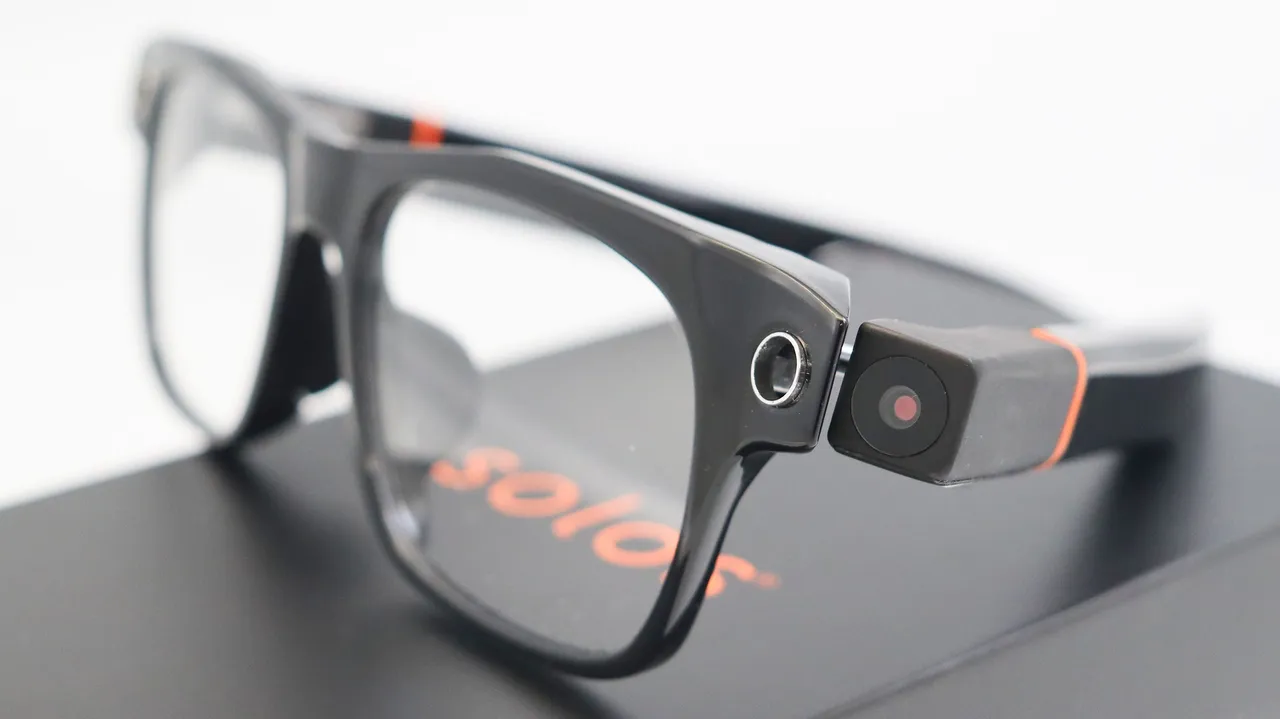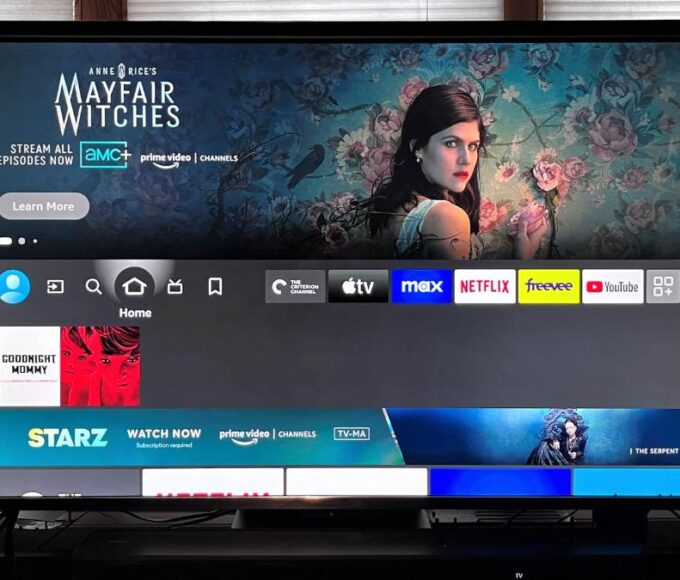Meta has announced a significant upgrade to its Ray-Ban smart glasses line, introducing new styles and cutting-edge AI capabilities. The expanded collection aims to blend fashion with advanced technology, offering users a more immersive and intelligent wearable experience.
Two new frame designs join the lineup: the vintage-inspired cat-eye “Skyler” and a low-bridge version of the “Headliner.” These additions are designed to accommodate a wider range of face shapes and can be fitted with prescription lenses.
The smart glasses’ core functionality has also received substantial improvements. An upgraded audio system features custom-designed speakers, delivering enhanced bass, higher volume, and improved directional audio. This promises clearer audio for calls, music, and podcasts, even in noisy environments. Video capabilities have been boosted with a new 12MP camera, allowing for higher-quality photos and 1080p videos of up to 60 seconds in length.
The standout feature of this update is the integration of Meta AI, the company’s advanced conversational assistant. Users can now interact with the AI hands-free by saying “Hey Meta,” enabling them to perform various tasks, access information, and control the glasses’ features through voice commands.
A noteworthy addition is the “multimodal” capability, which allows the glasses to visually analyze the user’s surroundings and provide intelligent responses. This feature can translate text, identify objects, and offer recommendations based on visual input.
CNET’s reviewer, who had early access to the new AI features, commented, “It’s clear that a new frontier of wearable AI products is already forming, and Meta’s glasses are getting there first.”
The new Ray-Ban Meta smart glasses are available for pre-order, with prices starting at $299. They are set to ship and appear in retail stores on April 24, 2024.
This latest release underscores Meta’s commitment to advancing wearable technology and integrating AI into everyday life. As the line between fashion and technology continues to blur, these smart glasses represent a significant step forward in the evolution of wearable devices.











